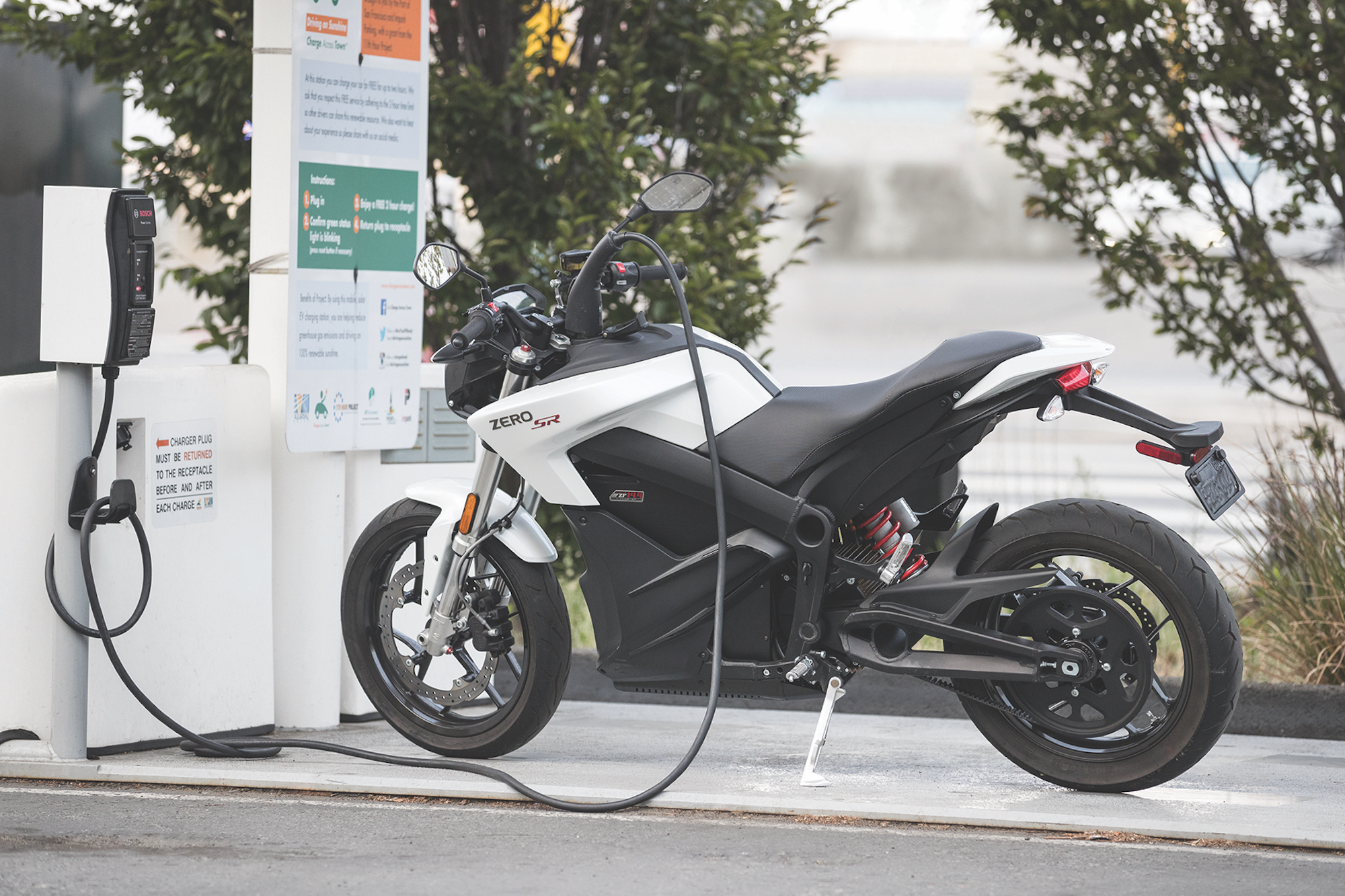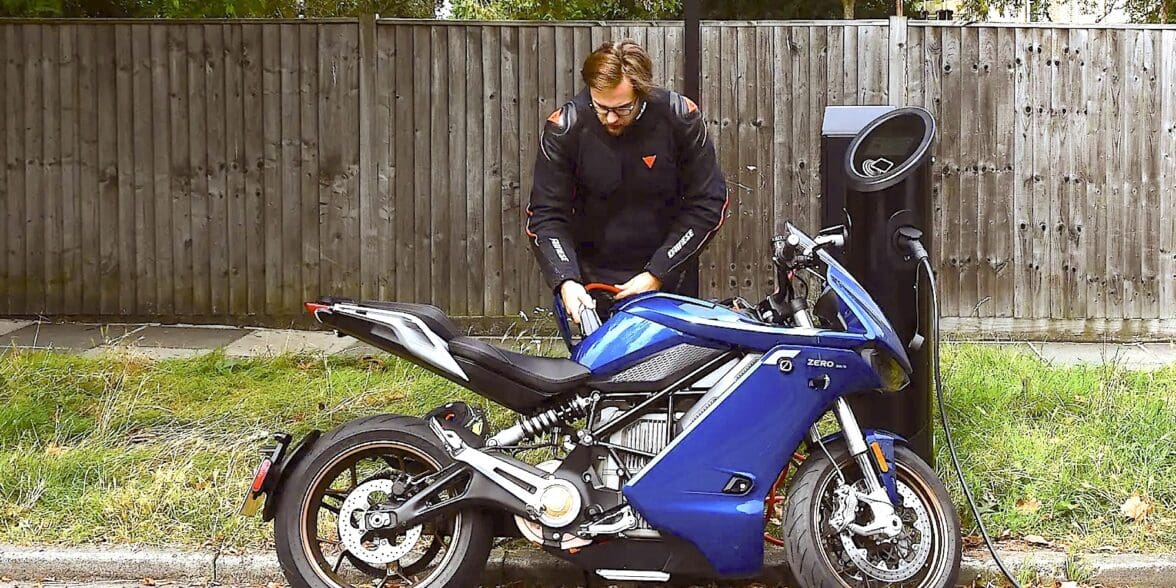Back in early 2021, we covered EU’s use of grants to entice fossil fuel riders to go zero; now, with the reduction of those same grants (and a subsequent MVP move from Zero Motorcycles to cover the dropped subsidy) comes an additional blow following the government’s Autumn Statement.

Starting in 2025, riders in the UK will have to pay for the privilege of plugging in their electric motorcycles, with the amount for zero emission motorcycles and tricycles currently logged as £22 per annum, “although we will see more budgets and the potential for an election before the charges come into force” (via MCN).

It’s a tolerable fee; should this become a regular levy, we imagine that the widely differing reductions and tax incentives currently offered across the continent will also adjust to acommodate our future’s zero-emission scoots.
What do you think?
Be sure to comment down below, and as ever – stay safe on the twisties.



